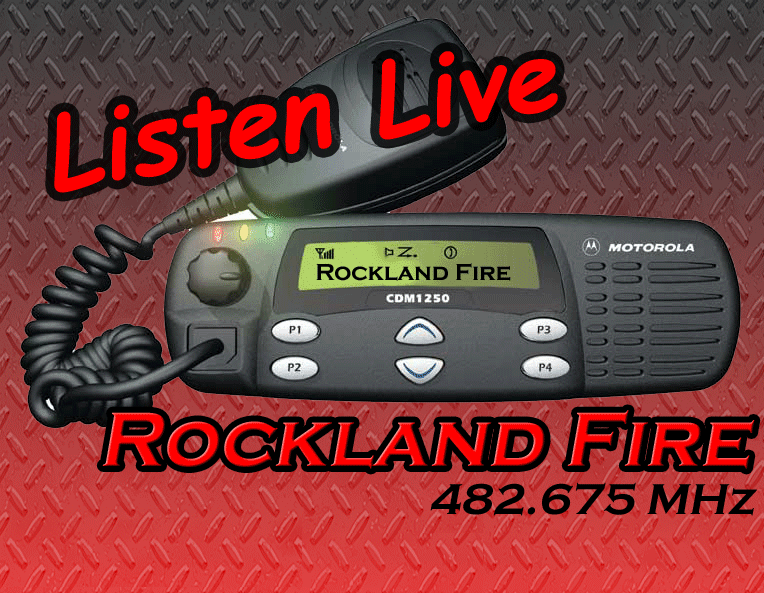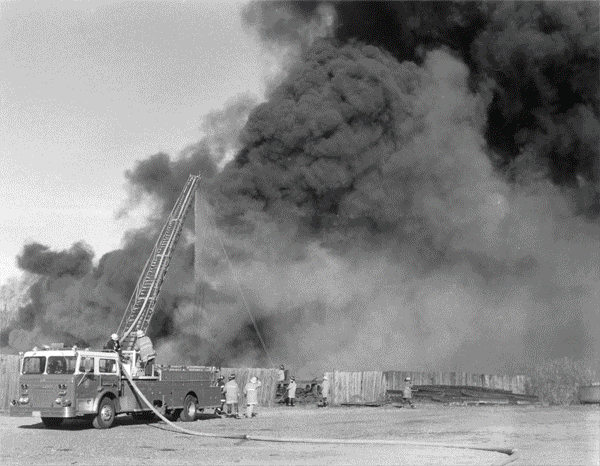It was a shock. But maybe it shouldn’t have been. Oudah Frawi and his two infant sons died last week when a fire gutted their basement apartment in Quincy. A month earlier, three Plymouth seniors died in two separate house fires, days apart.
| THE COST OF FIRES |
|
13,441 residential fires in Massachusetts in 2007 454 firefighters injured 313 civilians injured 3 firefighters killed 61 civilians killed $170 million in property damage 55% of fires are cooking related 1% are arson Source: Mass. Fire Incident Reporting System |
The blazes raised many questions, including: If fire safety is so rigorously taught in schools and community centers, with laws requiring sprinklers and detectors, why do more than 3,000 people die annually in residential fires?
“On some level, we’re victims of success,” said Lorraine Carli of the National Fire Protection Association in Quincy. “People aren’t as aware of fires, and not as many people feel like ‘that could happen to me.’”
And yet it’s happening more. Residential fires rose 11 percent statewide in 2007, according to the Massachusetts Fire Incident Reporting System. And the six South Shore fire fatalities in a month illustrate that the situation isn’t getting any better.
“It is very important that people still be very much aware of that fact, and aware that the vast majority of home fires can be prevented,” Carli said.
And more importantly, experts say, is that deaths in house fires can be prevented. Senior citizens are particularly vulnerable, Deputy Fire Chief William Carrico of Duxbury said. Those aged 65 to 74 are twice as likely to die in a fire as the general population, and people 85 and older are more than five times as likely to die in a fire, the U.S. Fire Administration reports.
Carrico suggests that adult children conduct regular safety inspections in their parents’ homes, making sure that walkways are clear of tripping hazards and smoke detectors on every level are fully functional.
“There are a lot of smart people out there, regardless of how old they are,” he said. “We’re just reminding them of these safety issues.”
Fire officials said parents must pay special attention to young children. Practice is key so that kids, who might hesitate because they are too scared or confused to move, know what to do if an alarm sounds.
Children who learn how the alarm works, by participating in regular fire drills or pressing the button triggering the alarm themselves, will function better in case of a fire, Carrico said.
“A lot of kids are afraid of smoke detectors,” Carrico said. “When it goes off they cover their ears and start screaming because they don’t understand it’s an important tool.”
Fire safety experts stress making sure safeguards, like detectors and sprinklers, are working. The Plymouth home of Eduardo and Maria Rosa Tavares, who died Feb. 12, did not have working smoke detectors. Frawi’s apartment also didn’t have smoke detectors, and the building’s central fire alarm system was turned off and silent.
It’s imperative the whole family has, and knows, an escape plan – including charting two ways out of every room. When they see smoke or flames, residents should quickly leave the house, then call 911, said Jennifer Mieth, state Department of Fire Services spokeswoman.
If a family member is trapped in the house, wait for firefighters to arrive instead of risking injury by going back into the house, she said.
“Time is enemy in a fire,” she said. “A smoke detector will provide you with an early warning, and it’s important to use that early warning and get out of the house fast.”
--
HOW TO PREVENT HOUSE FIRES
Never leave the stove on: Seems obvious, but tThere were 7,448 residential cooking fires in Massachusetts in 2007, accounting for more than half of all residential fires in the state.
Clear out dryer lint: Firefighters recommend clearing out the clothes dryer lint filters after each cycle, as well as cleaning the outside vents every six months and occasionally vacuuming around the dryer’s motor. Not only will clothes dry faster, but there will be less old lint, dust, oil and flammable solvents.
Be careful with candles, cigarettes and incense: Keep anything that’s lit – including cigars, candles and more – from flammable material such as fabric, paper, wood, hair, alcohol and other solvents.


















